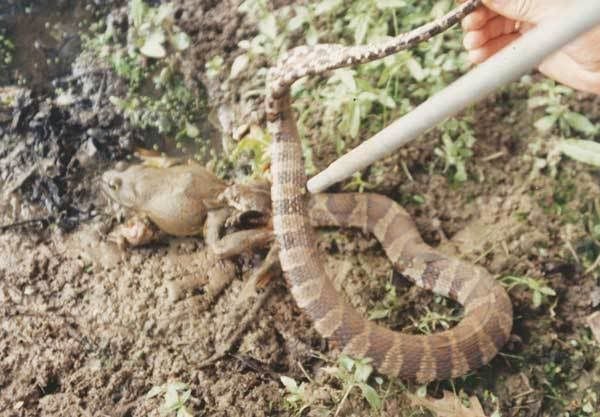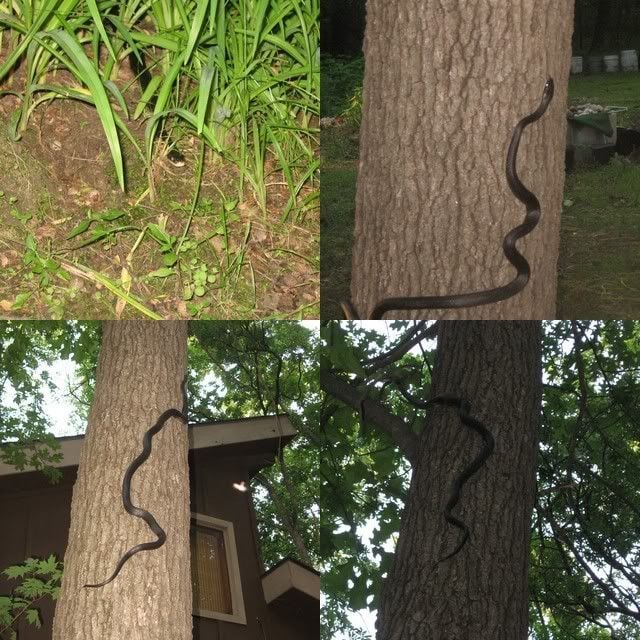- Jan 1, 2013
- 358
- 9
- 93
I have read that a tom raised with chickens will protect the flock. If so is there a better breed of turkey for this? I have silkies and keep them penned up unless I can watch them (lost a couple to hawks). I also have 4 orpington hens that free range. I recently lost their rooster guardian (not to a hawk, but an accident) so I am not sure if the hawk will pick on them now that he is gone.





